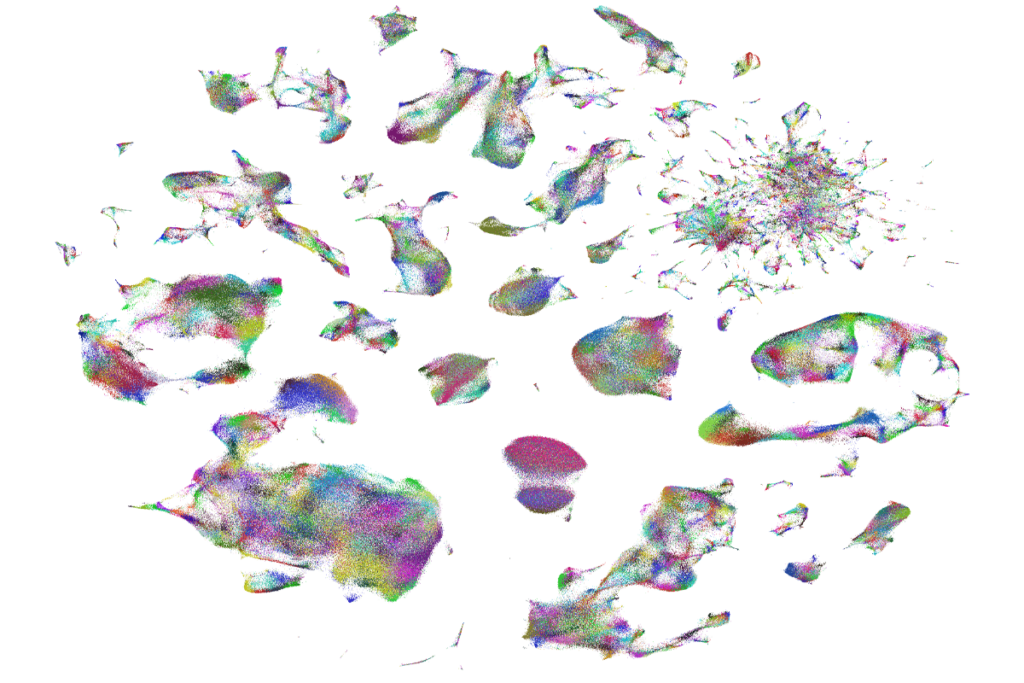- The MECP2 protein, which is linked to Rett syndrome, binds strongly to gene enhancers that regulate transcription, regardless of DNA methylation levels. Nature Neuroscience
- Mice missing the FMR1 gene and exposed to maternal immune activation in utero show autism-like traits in adulthood. But the knock-out and exposure combination did not lead to greater effects than either model alone. Molecular Psychiatry
- The gene DDX3X, which is linked to autism and intellectual disability, regulates sexual differentiation during neurodevelopment, according to a preprint. Spectrum covered earlier findings from the same lab in 2022. bioRxiv
- “President-elect Donald J. Trump, who has promoted the debunked theory that vaccines cause autism for more than a decade, suggested on Sunday that he would have his choice for health secretary, Robert F. Kennedy Jr., look into the issue.” The New York Times
- A computational analysis of two instruments of adaptive functioning reveals that the scores of one can predict those of the other, facilitating data-sharing and meta-analysis. Molecular Autism
- Lithium treatment in newborn mice carrying a variant of the DYRK1A gene, which is linked to autism and intellectual disability, ameliorates the brain volume, behavioral, neural and biochemical alterations usually observed in this model. Molecular Psychiatry
DDX3X gene function; gender diversity; lithium
Here is a roundup of autism-related news and research spotted around the web for the week of 16 December.
By
Jill Adams
17 December 2024 | 2 min read
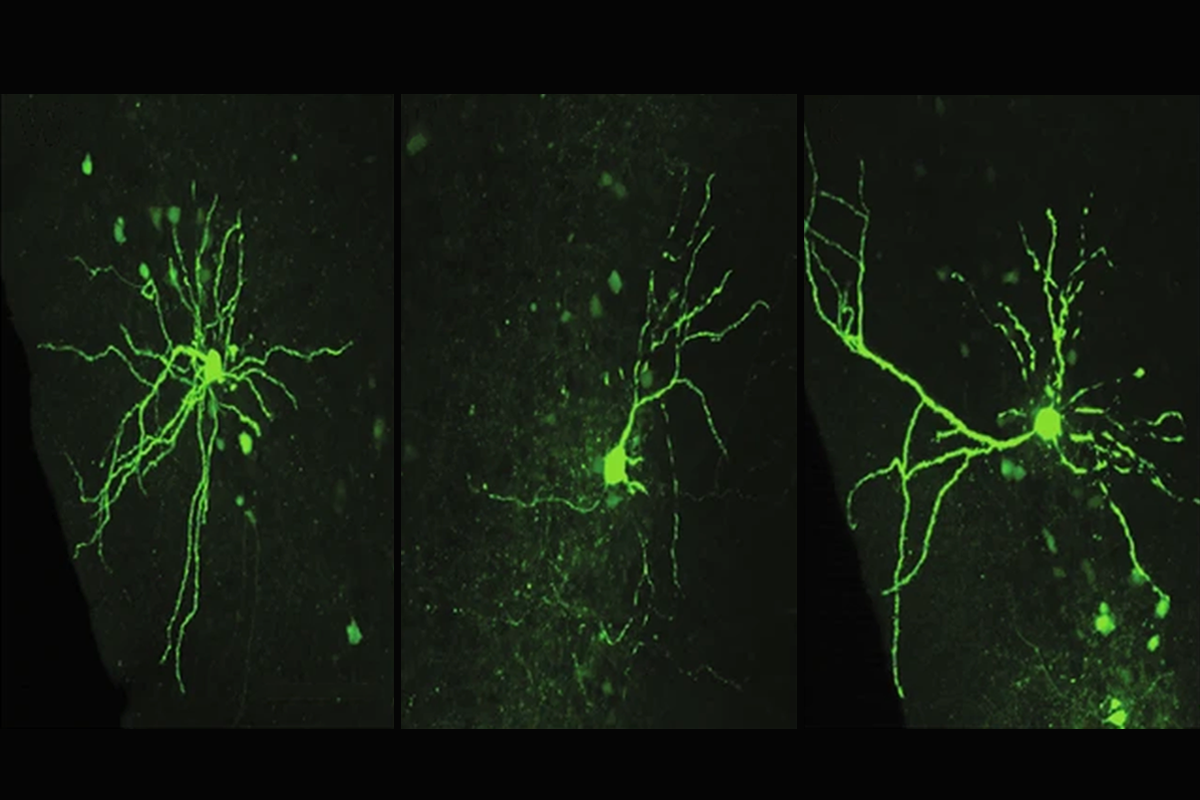
Elemental change: Lithium treatment restores neuronal branching in mice carrying a DYRK1A gene variant (right panel), compared with untreated (middle) and wildtype (left) mice.
- Doctoral students face more challenges than established researchers in conducting community engagement in autism research, because of greater time and funding constraints. Autism
- “There has been growth in the quantity and quality of studies on the intersection of autism and gender diversity, although methodological improvements are still needed and described in the current review.” Journal of Autism and Developmental Disorders
- Mice with haploinsufficiency of the gene MYT1L, a model of a clinical syndrome that includes autism, have altered neuropeptide levels in the hypothalamus but show no behavioral changes, according to a preprint. bioRxiv
tags:
Recommended reading
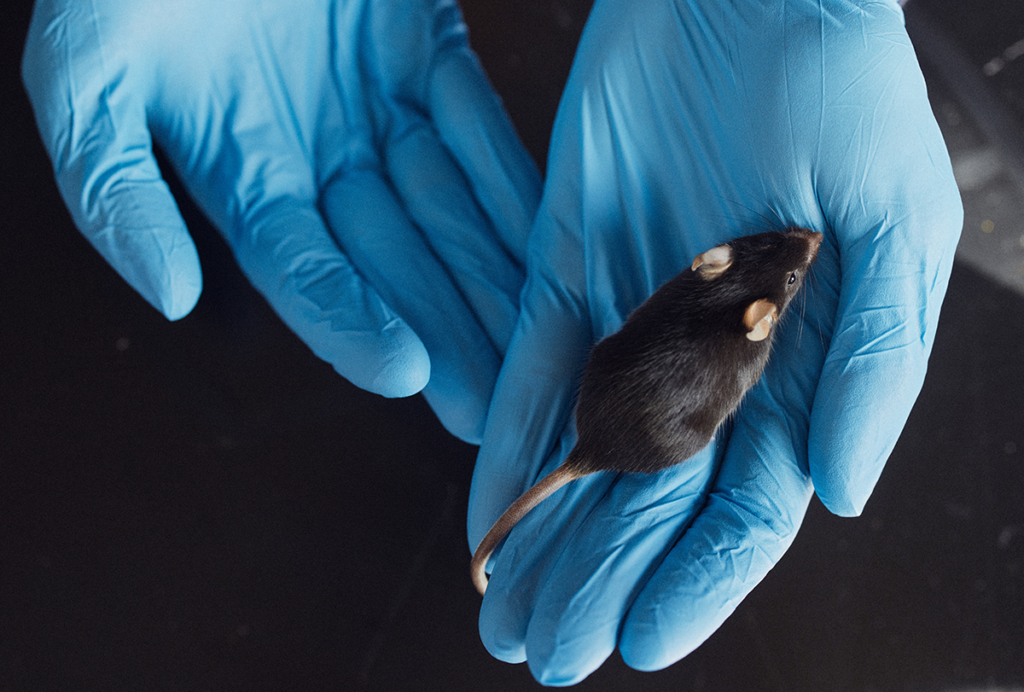
Molecular changes after MECP2 loss may drive Rett syndrome traits
By
Chloe Williams
20 March 2025 | 5 min read
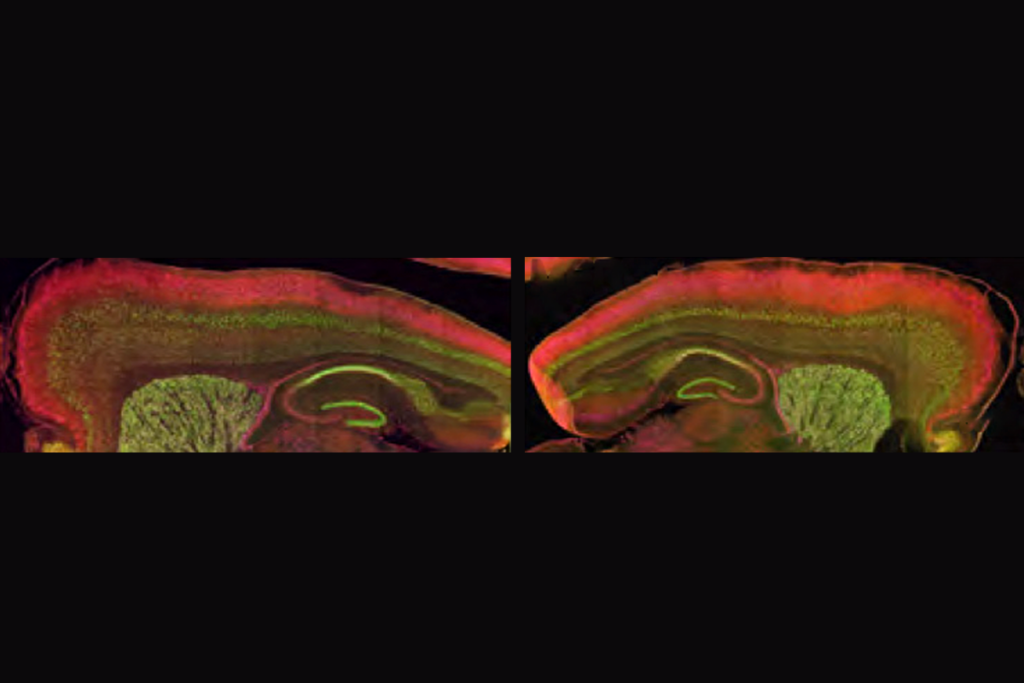
Restoring excitation-inhibition balance in a mouse model of autism; and more
By
Jill Adams
18 March 2025 | 2 min read
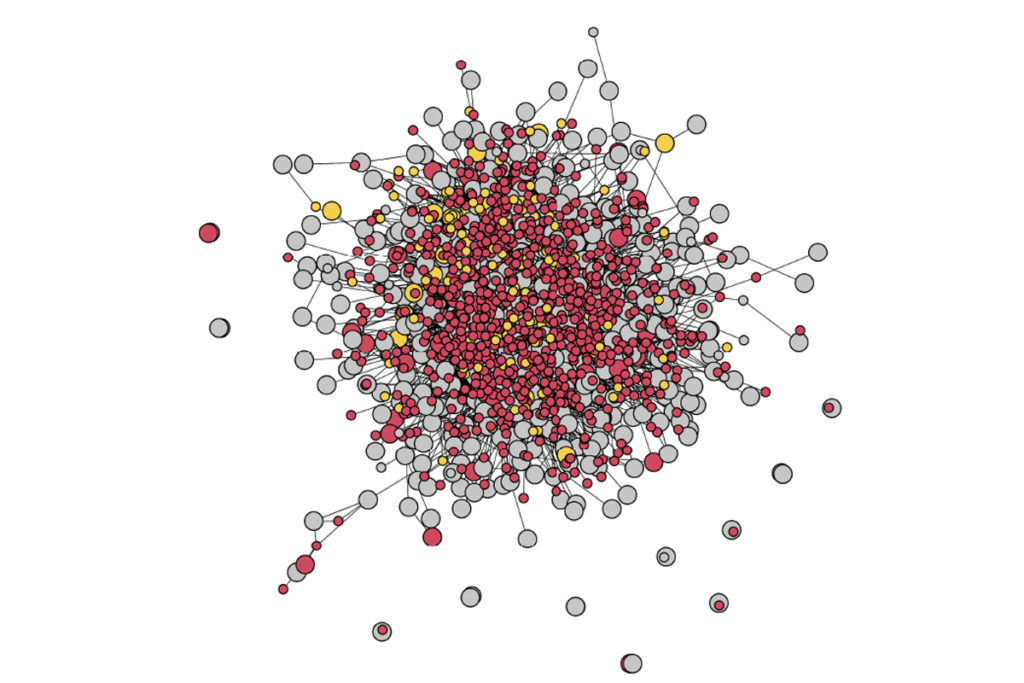
Sequencing study spotlights tight web of genes tied to autism
By
Katie Moisse
13 March 2025 | 5 min read
Explore more from The Transmitter
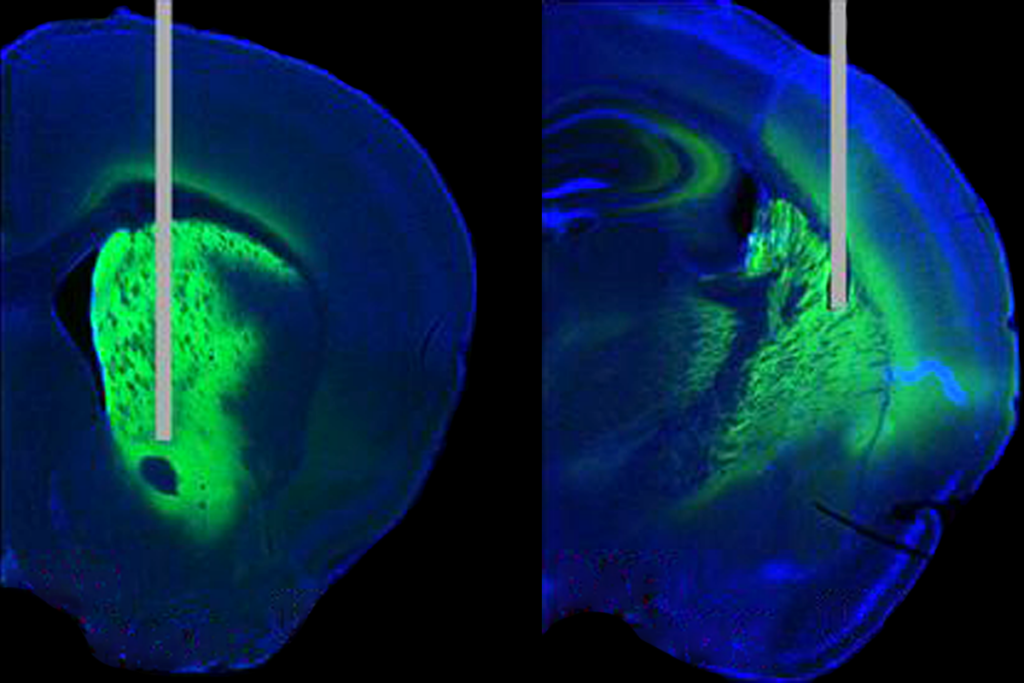
Bespoke photometry system captures variety of dopamine signals in mice
By
Sydney Wyatt
21 March 2025 | 5 min read
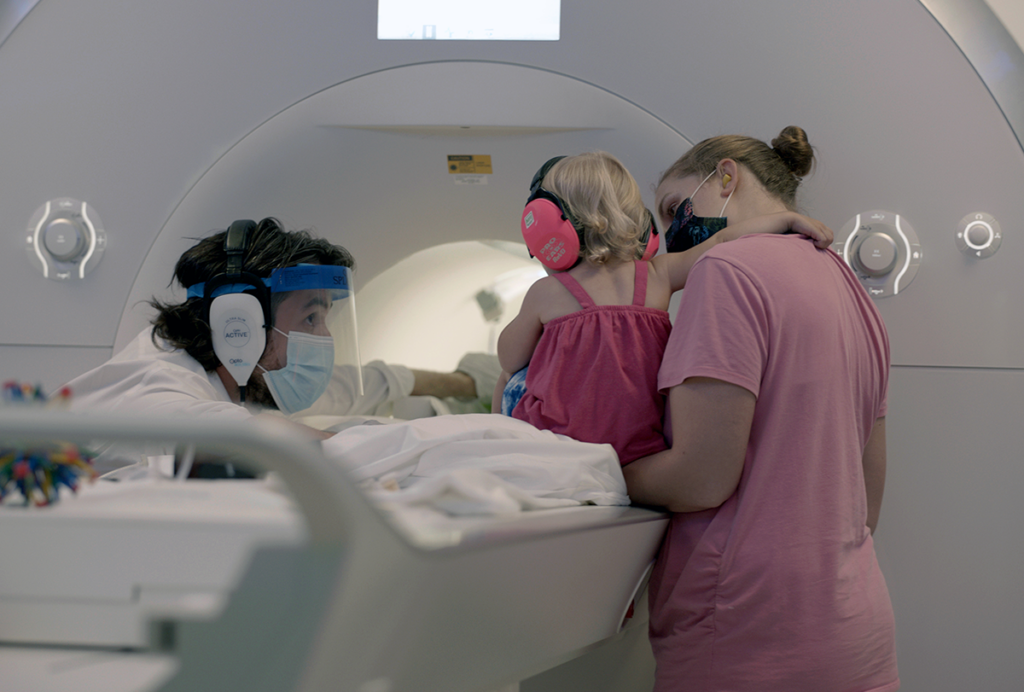
What infant fMRI is revealing about the developing mind
By
Calli McMurray
20 March 2025 | 12 min read
Cite this article:
